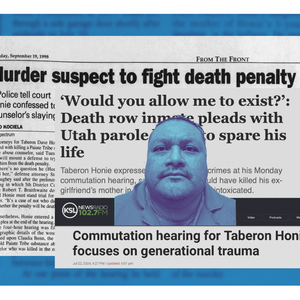Mike Thomas, columnist for the Orlando Sentinel in Florida, recently examined the arbitrariness of the state’s death penalty system. “There is no rhyme or reason here,” he wrote. “A governor’s decision on whose death warrant to sign, as well as a judge’s decision on which appeal to accept, are about as arbitrary as a prosecutor’s decision to pursue the death penalty. We spend an estimated $51 million annually on this nonsense, and for our investment we haven’t executed anyone going on a year and a half.” Thomas examined recent murder cases in the state, where the death penalty is pursued in one but not the other, concluding that “The odds certainly seem to favor those who can afford top legal talent.” He saw little chance for change in this process: “A new drug that Florida plans to use in its lethal cocktail finally survived all the legal challenges, including one by [death row inmate Manuel] Valle, only to be pulled by the manufacturer. A new drug will mean more challenges. A federal judge recently ruled that Florida’s death-penalty statute is unconstitutional because the condemning jury doesn’t have to disclose which aggravating circumstances led to its recommendation. On and on it goes.”
(M. Thomas, “When will state stop arbitrary death-penalty decisions?,” Orlando Sentinel, September 7, 2011). Manuel Valle is scheduled for execution on September 28. See Arbitrariness and Costs. See also DPIC’s latest report, “Struck by Lightning: The Continuing Arbitrariness of the Death Penalty Thirty-Five Years After Its Reinstatement in 1976.”
Costs
Sep 11, 2024

See What Utah Spent on Its First Execution in 14 Years
Articles
Jun 17, 2024

